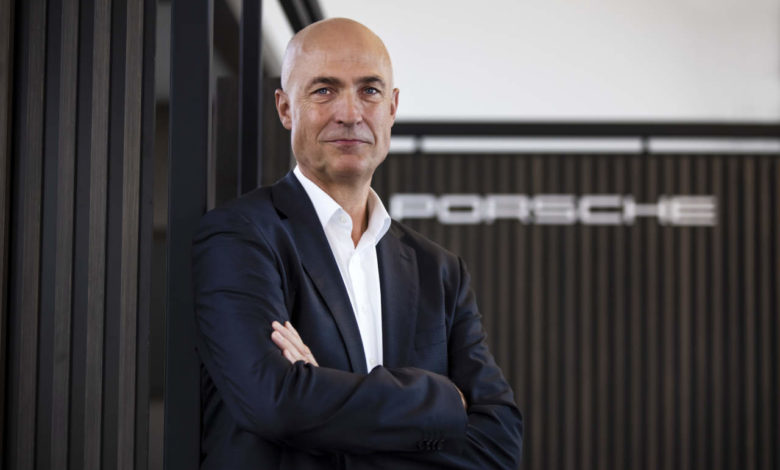Porsche Q1 sales performance and 2021 plans

Gulf Insider interviews Dr. Manfred Braeunl, Chief Executive Officer of Porsche Middle East and Africa FZE.
What would you say are the main reasons behind your strongest Q1 results in 5 years?
Our excellent Q1 performance can be attributed to a range of factors. With our recently introduced new models, such as the all-electric Taycan as well as the latest Panamera, we have further enhanced our attractive product offering — the backbone of any strong company.
Following the easing of strict pandemic-related measures, we have noticed that buyer confidence is returning to the premium luxury car market. Many people have come out of this difficult time with the desire to fulfil a life-long dream and enjoy life here and now. With our more than 70 years’ experience of building exclusive and high-quality sports cars, owning a Porsche is the dream for many people.
In addition, our importers have worked diligently during the past months focusing on the introduction of new measures to attract buyers and showcasing our expanding model range. All these factors combined saw us recording the best first quarter order intake in six years and the largest quarterly order bank since 2015.
Can you give us a breakdown of the models which sold the most and across what markets?
Of the 2,064 new car deliveries to Porsche customers in the GCC, the Levant, Africa and India, our mid-range SUV, the Macan, accounted for 35% of sales, closely followed by the Cayenne. This showcases the popularity for spacious yet sporty cars across the region.
However, our two-door sports cars remain very popular. We saw an increased demand for our iconic 911 by more than 20% which enjoyed its best first quarter result since 2014. This growth coupled with the continuously popular 718 range means that every fourth Porsche sold in Q1 was a two-door sports car.
The latest Panamera variant has also been well received with an order bank that was five times larger than the corresponding period last year.

Your first all-electric vehicle – the Taycan – debuted across the region last year. How well has it been received so far?
Verified by a strong retail performance and even more considerable order intake, our first all-electric car, the Taycan, has been received extremely well across the region.
We now plan on expanding the range to cater for a wider target group.
Just a few weeks ago, we introduced the rear-wheel drive Taycan, the entry model to our EV offering. Soon, we will be launching the Taycan Cross Turismo with an enlarged rear luggage compartment and even more spacious interior.

Looking to the future, how do you expect the motor industry to change over the next 20 years?
We will continue to see drastic changes in the automotive industry over the next years; the transformation has just begun. The focus on sustainability through electrification will continue to grow exponentially and is something that every car manufacturer will be focusing their energy on.
By 2025, around 50% of all Porsche vehicles sold across the globe will be an electric or hybrid drive, with the share growing to 80% by 2030.
But this is not all. Porsche has set itself an ambitious goal: in 2030, the company aims to have a CO2-neutral balance sheet across the entire value chain. As an additional element on the road to decarbonisation, our company is investing 20 million Euros in a new eFuel pilot plant in Chile.
Currently, the Porsche Mobil 1 Supercup is in cooperation with ExxonMobil, testing the first iteration of a renewable racing fuel to gain valuable experiences to find pathways toward potential future consumer adoption.
Exciting times lie ahead as we continue to expand Porsche’s electrified presence and launch further innovative measures to reduce our CO2 footprint across all aspect of the business.
What has been the greatest challenge Porsche has faced in recent times and how did the company address it?
2020 saw us face one of our most difficult periods to date and I would be lying if I said the Covid-19 pandemic wasn’t a huge test for us. It made us rethink the way we live, work and interconnect with one another. We got through it by creating a flexible and innovative approach across all areas of business and finding ways to steer our importers out of lockdowns successfully.
We have successfully manifested a corporate culture where flexibility and innovation are expected, change is accepted and flexible working systems have become the norm.
This is the kind of pioneering thinking that keeps us excited about what we expect will be a rewarding 2021.
